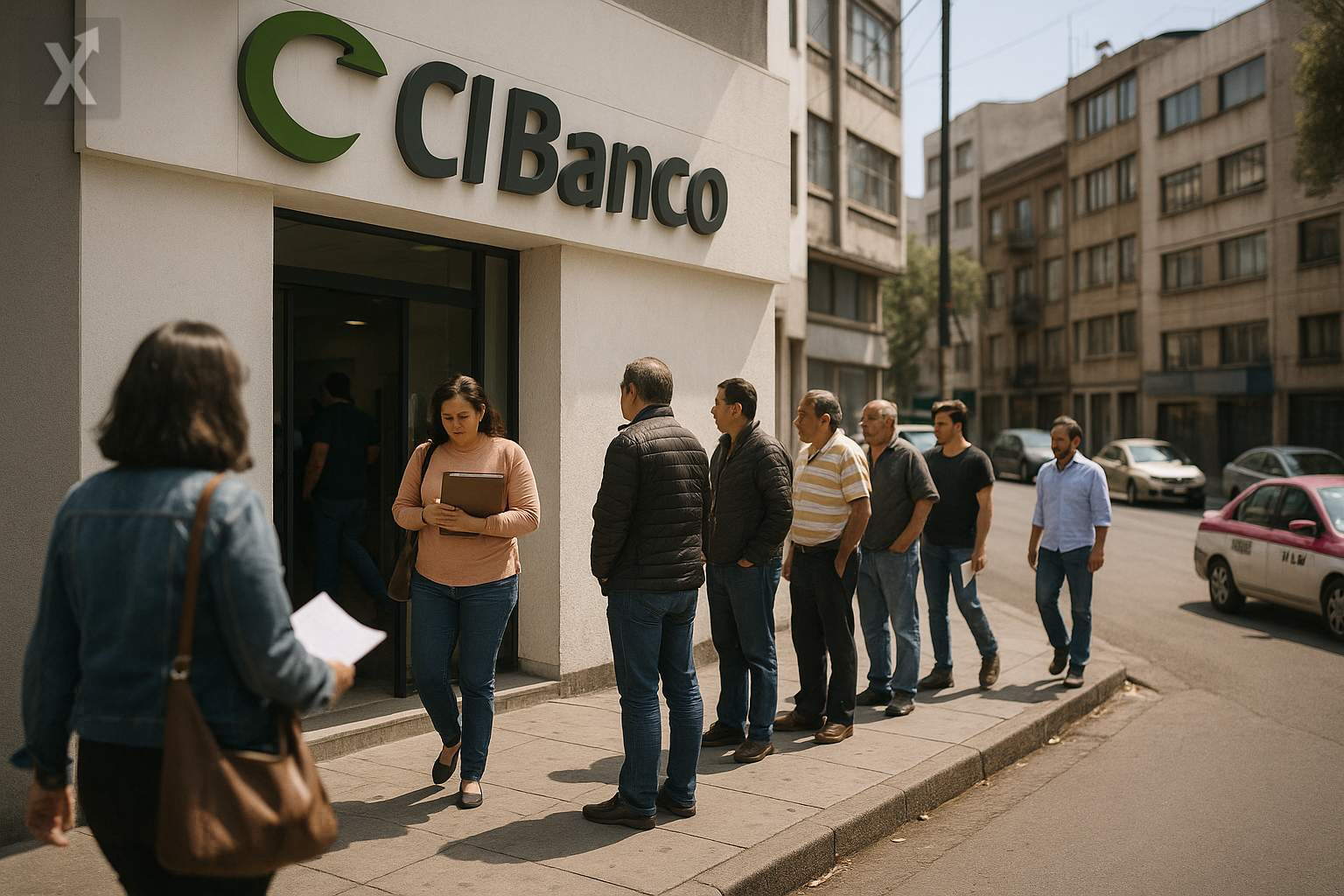United States Extends Deadline for Financial Restrictions on Mexican Banks Amid Money Laundering Investigation

The Financial Crimes Enforcement Network (FinCEN), an agency under the U.S. Department of the Treasury, has granted a 45-day extension for the implementation of sanctions against Mexican financial institutions Vector, Intercam, and CI Banco. Originally, the restrictions—which prohibit U.S. entities from conducting financial transactions with these institutions—were set to take effect in July, but will now be enforced starting September 4.
This decision comes as a result of intensive binational coordination between U.S. authorities and the Mexican government. According to Andrea Gacki, director of FinCEN, both governments have worked together to safeguard the financial system against illicit activities, primarily money laundering by transnational criminal groups and organizations linked to drug trafficking. The extension was announced after Mexican authorities temporarily intervened in the management of the involved banks, a measure aimed at strengthening internal controls and facilitating the ongoing investigation.
The case highlights the challenges faced by Mexico's financial sector in dealing with the risks associated with money laundering and the infiltration of illicit funds—a phenomenon that has become increasingly significant amid the expansion of drug cartels and the sophistication of their operations. As one of the United States’ primary trading partners, Mexico faces ever-stringent international scrutiny regarding anti-money laundering efforts. This has spurred regulatory improvements and greater cooperation between agencies.
Experts note that the extension provides an opportunity to review and bolster the internal controls of the Mexican financial institutions involved, as well as to demonstrate a proven commitment to transparency and international regulatory standards. However, the move also brings some uncertainty to the markets, since access to the U.S. financial system is crucial for the flow of capital and regional trade. Should the restrictions take full effect, they could impact the reputation and international operations of the sanctioned banks and potentially trigger a domino effect across the sector as a whole.
While the temporary extension gives the institutions time to adjust procedures and address potential irregularities, the situation serves as a wake-up call for the entire Mexican financial system, highlighting the need to double down on compliance, monitoring, and international collaboration.
In summary, the extension of the sanctions reflects both ongoing challenges and a willingness for dialogue between both countries. In the coming months, attention will focus on the response from Mexican institutions and the assessment conducted by U.S. authorities, which will determine the course of the case and its potential impact on the stability of the Mexican banking sector.
As a final observation, the extension of these restrictions underscores the importance of binational cooperation and strong regulatory frameworks within Mexico's financial system. The way this case unfolds will be key to measuring the sector’s responsiveness and resilience to illicit threats, ultimately determining its position and credibility in the international financial landscape.





